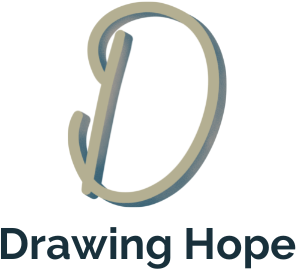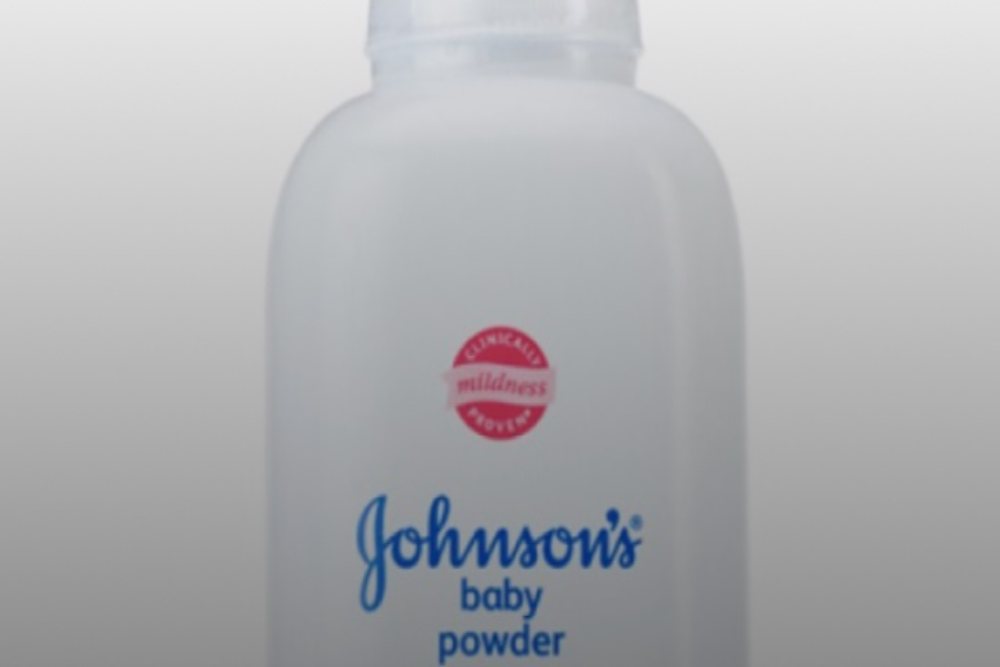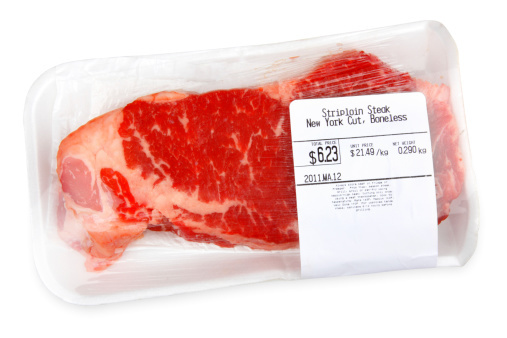Bisnis.comJAKARTA- Johnson & Johnson announced that it would stop selling powder talc-based babies in the world by 2023.
As quoted by Channelnewsasia.com, Friday (8/12/2022), Johnson & Johnson made the decision on Thursday (8/11/2022), more than two years after ending product sales in the United States (US) after attracting thousands of consumer safety lawsuits.
“As part of the evaluation of our global portfolio, we have made the business decision to transition to a portfolio of cornstarch-based baby powders,” he said, adding that baby powders at cornstarch base were already being sold in countries around the world.
In 2020, J&J announced it would stop selling baby powder in the United States and Canada as demand for the product plummeted following a series of legal issues over baby powder safety. .
The company faces approximately 38,000 lawsuits from consumers and survivors who claim its talc products cause cancer due to asbestos contamination, carcinogenic.
J&J denies the claims, saying decades of scientific testing and regulatory approvals have shown its talc products to be safe and asbestos-free.
On Thursday (8/11/2022), J&J reiterated that statement by announcing that it would stop selling talc-based baby powder.
A 2018 Reuters investigation found that J&J had known for decades that asbestos, a carcinogen, was in its talc products. Internal company records, trial testimony, and other evidence show that between at least 1971 and the early 2000s, J&J raw talc and finished powder occasionally tested positive for small amounts of asbestos.
In response to evidence of asbestos contamination presented in the media, in courtrooms and on Capitol Hill, J&J has repeatedly stated that its talc products are safe and do not cause cancer.
Sold since 1894, Johnson’s Baby Powder has become a symbol of the company’s family image.
J&J’s internal marketing presentation from 1999 referred to its baby products division, with baby powder at its heart, as J&J’s “No. 1 asset”, reports Reuters, even though baby powder did not represent only about 0.5% of the consumer healthcare business in the United States when the company pulled it off the shelves. .
Check out other news and articles on Google News
Watch the selected videos below:
quality content

“Freelance communicator. Hardcore web practitioner. Entrepreneur. Total student. Beer ninja.”







